“The human soul longs for things higher, warmer, and purer
than those offered by today’s mass living habits.”
— Alexander Solzhenitsyn
History of Western Civilization Told Through the Acoustics of its Worship Spaces

“The human soul longs for things higher, warmer, and purer
than those offered by today’s mass living habits.”
— Alexander Solzhenitsyn
History of Western Civilization Told Through the Acoustics of its Worship Spaces
“When buying and selling are controlled by legislation,
the first things to be bought and sold are legislators.”
— P.J. O’Rourke
“Federal Power Act” | June 10, 1920, Chapter 285 of the 66th Congress]
The Federal Energy Regulatory Commission is an independent agency within the U.S. federal government that regulates interstate transmission of electricity, natural gas, and oil. It oversees wholesale energy markets, pipeline infrastructure, and hydroelectric projects, ensuring fair rates and reliability. While independent, FERC operates under the Department of Energy’s umbrella but does not take direct orders from the executive branch.
FERC enforces energy laws, approves infrastructure projects, and regulates market competition. FERC plays a crucial role in balancing economic, environmental, and energy security concerns, aiming to maintain a stable and efficient energy system across the United States. Since the U.S. shares interconnected electricity grids with Canada and Mexico, FERC’s decisions on transmission rules and pricing affect energy flows and grid reliability in both countries.
Our interest lies in closing a technical gap that exists upstream from the building service point and downstream from the utility supply point. Some, not all of it, can be accomplished with titles in the IEEE catalog.
Given the dominance of vertical incumbents in the electric power domain, we have submitted a tranche of reliability concepts into the ASHRAE, NFPA and ICC catalogs — not so much with the expectation that they will be gratefully received — but that our proposals will unleash competitive energies among developers of voluntary consensus standards.
One of our proposals was heard at the April-May and October meetings of the International Code Council. We are happy to discuss the outcome of that proposal any day at the usual hour.
Commissioner-Led Reliability Technical Conference Agenda: October 16, 2024, 10:00 AM
Nothing happened in August
Technical Conference RE: Large Loads Co-Located at Generating Facilities: November 1, 10AM EDT
Echo Chamber Synonyms: mutual admiration society, self congratulatory club,
back patting session, congratulatory loop, closed loop of praise, reciprocal praise fest,
feedback bubble, endless validation cycle, compliment carousel.
Transmission Planning Using a Reliability Criterion
In power system engineering, availability and reliability are two important concepts, but they refer to different aspects of the system’s performance.
Reliability:
Reliability focuses on the likelihood of failure and the ability of the system to sustain operations over time, while availability concerns the actual uptime and downtime of the system, reflecting its readiness to deliver power when required. Both concepts are crucial for assessing and improving the performance of power systems, but they address different aspects of system behavior.
November 2023 Highlights | FERC insight | Volume 10
Determining System and Subsystem Availability Requirements: Resource Planning and Evaluation
Comment: These 1-hour sessions tend to be administrative in substance, meeting the minimum requirements of the Sunshine Act. This meeting was no exception. Access to the substance of the docket is linked here.
Noteworthy: Research into the natural gas supply following Winter Storm Elliot.
UPDATED POLICIES ON U.S. DECARBONIZATION AND TECHNOLOGY TRANSITIONS![]()
June 15:FERC Finalizes Plans to Boost Grid Reliability in Extreme Weather Conditions
On Monday June 13th, Federal Energy Regulatory Commission commissioners informed the House Committee on Energy and Commerce that the “environmental justice” agenda prohibits reliable dispatchable electric power needed for national power security. One megawatt of natural gas generation does not equal one megawatt of renewable generation. The minority party on the committee — the oldest standing legislative committee in the House of Representatives (established 1795) — appears indifferent to the reliability consequences of its policy.
Joint Federal-State Task Force on Electric Transmission
“Our nation’s continued energy transition requires the efficient development of new transmission infrastructure. Federal and state regulators must address numerous transmission-related issues, including how to plan and pay for new transmission infrastructure and how to navigate shared federal-state regulatory authority and processes. As a result, the time is ripe for greater federal-state coordination and cooperation.”
Bibliography:
Natural Gas Policy Act of 1978
Glossary of Terms Used in NERC Reliability Standards
The Major Questions Doctrine and Transmission Planning Reform
As utilities spend billions on transmission, support builds for independent monitoring
States press FERC for independent monitors on transmission planning, spending as Southern Co. balks
Related:
At the July 20th meeting of the Federal Energy Regulatory Commission Tristan Kessler explained the technical basis for a Draft Final Rule for Improvements to Generator Interconnection Procedures and Agreements, On August 16th the Commission posted a video reflecting changes in national energy policy since August 14, 2003; the largest blackout in American history.
More
Texas Education Agency: Fine Arts Standards
Texas Tech: Facilities Planning & Construction
“Public art is form of street life, a means to articulate the implicit values of a city when its users occupy the place of determining what the city is.” — Malcolm Miles
Public Input on the 2029 Edition will be received until January 6, 2027
Books cannot be killed by fire. People die, but books never die
No man and no force can put thought in a concentration camp forever
— Franklin Roosevelt
Many education communities build and maintain cultural resource properties whose safety and sustainability objectives are informed by local adaptations of consensus products developed by the International Code Council (ICC) and the National Fire Protection Association (NFPA). We need to understand the ICC and NFPA product suites as a pair. For most real assets in the education industry they move “roughly” in tandem even though they are produced by different organizations for a different set of customers. Sometimes the out-of-step condition between NFPA and ICC permits subject matter experts on technical committees to make the best possible decisions regarding the safety and sustainability agenda of the interest group they represent; but not always.
Occupancy classification is always a first consideration and both the NFPA and the ICC have a claim to some part of this occupancy concept*. In the ICC suite we find code requirements for many “cultural places of worship” tracking in the following sections of the International Building Code (IBC):
Section 303 Assembly Group A-3
Section 305 Educational Group E
Section 308 Institutional Group I
Note that Sections 305 and 308 recognize the accessory and multi-functional nature of occupancy types in the education industry – i.e child care and adult care function can marge and be an accessory to a place of worship. The general rule in the IBC is that accessory religious educational rooms and religious auditoriums with occupant loads of less than 100 per room or space are not considered separate occupancies. Other standards developers are guided by this rule.
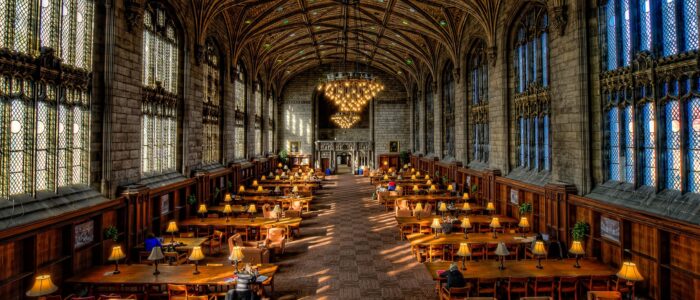
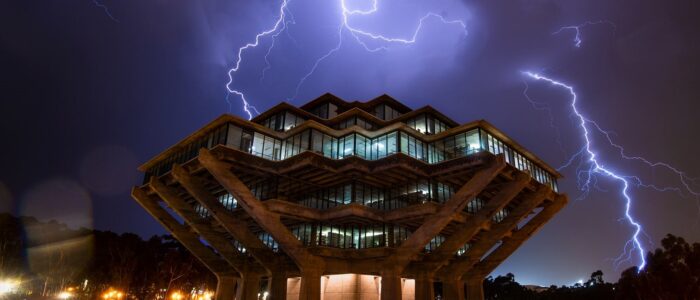
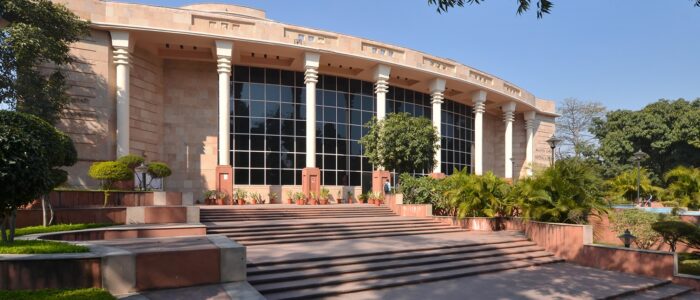
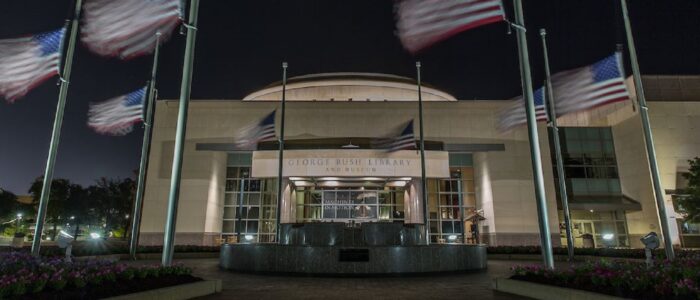
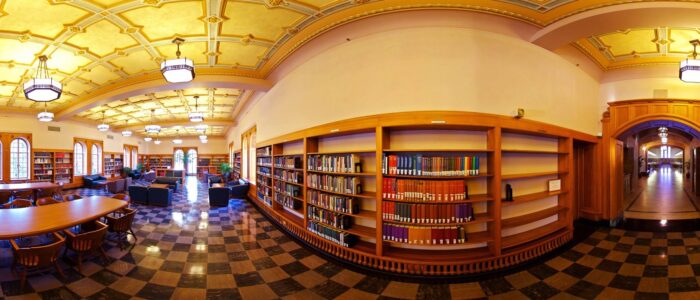
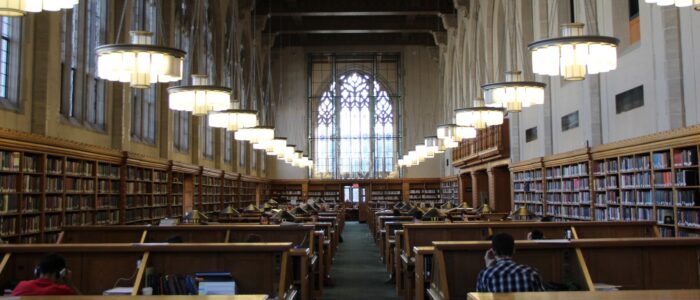
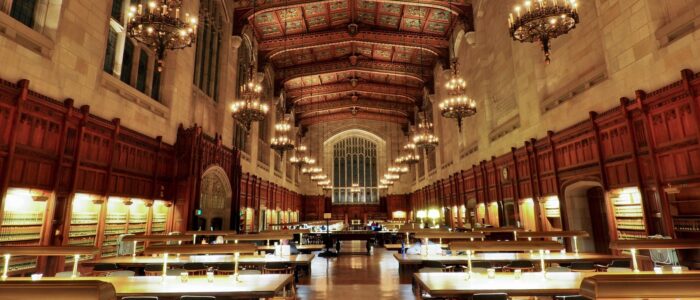
Close coupled to the IBC for this occupancy class is NFPA 909 Code for the Protection of Cultural Resource Properties – Museums, Libraries, and Places of Worship. From the document prospectus:
• This code describes principles and practices of protection for cultural resource properties (including, but not limited to, museums, libraries, and places of worship), their contents, and collections, against conditions or physical situations with the potential to cause damage or loss.
• This code covers ongoing operations and rehabilitation and acknowledges the need to preserve culturally significant and character-defining building features and sensitive, often irreplaceable, collections and to provide continuity of operations.
• Principles and practices for life safety in cultural resource properties are outside the scope of this code. Where this code includes provisions for maintaining means of egress and controlling occupant load, it is to facilitate the evacuation of items of cultural significance, allow access for damage limitation teams in an emergency, and prevent damage to collections through overcrowding or as an unintended consequence of an emergency evacuation.
• Library and museum collections that are privately owned and not open to the public shall not be required to meet the requirements of this code.







Since we are hard upon release of the 2021 Edition of NFPA 909 let us take a backward look at the current (2017) version of NFPA 909 Code for the Protection of Cultural Resource Properties – Museums, Libraries, and Places of Worship. Chapter 14 covers “Museums, Libraries and their Collections”. Chapter 15 covers “Places of Worship”
The 2025 Edition is now open for public input. Let us pick through proposals for the 2021 Edition to inform our approach to its improvement by referencing the technical committee transcripts linked below:
Public Input Report: January 12, 2023
N.B. We find committee response (accepted in principle) to Standards Michigan proposal to articulate conditions in which places of worship and libraries are used as community disaster relief support facilities. We consider this a modest “code win”.
Circling back to the ICC suite we find elevated interest in hardening community owned facilities to tornadoes, hurricane and floods and other storm related risk in the structural engineering chapters of the International Building Code.
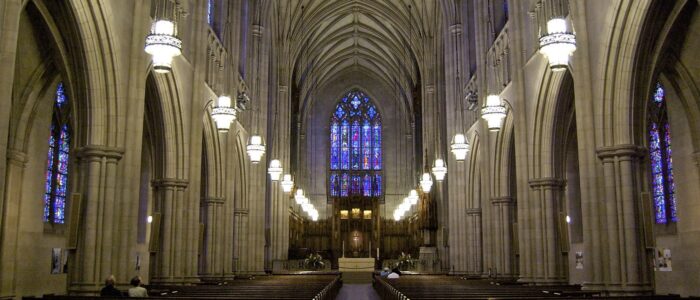
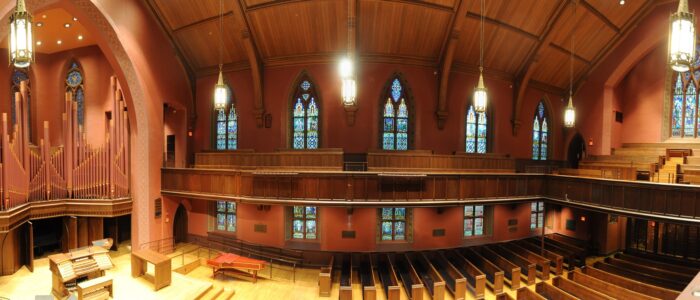
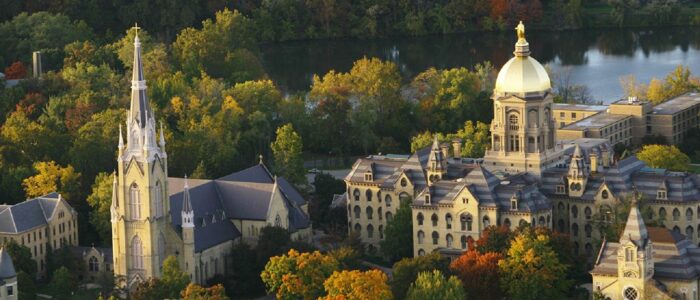
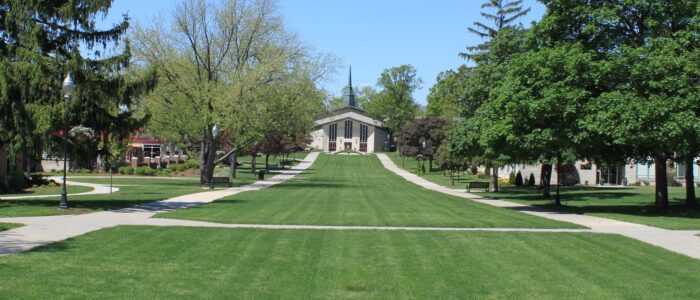
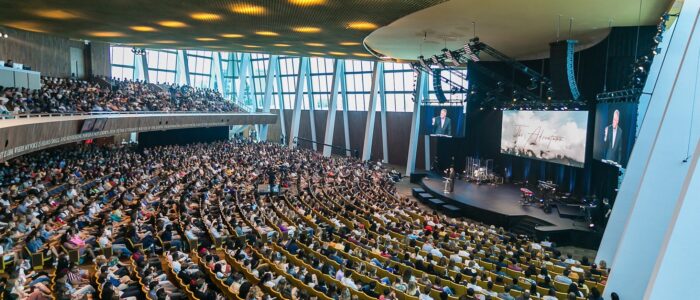
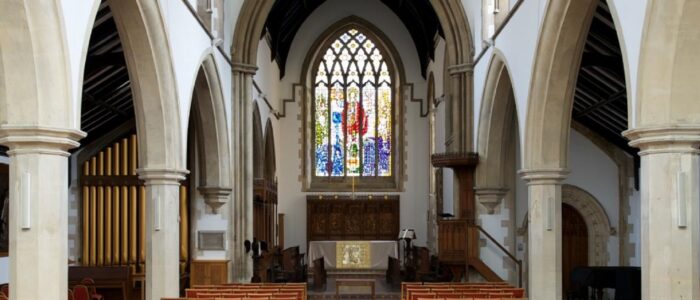
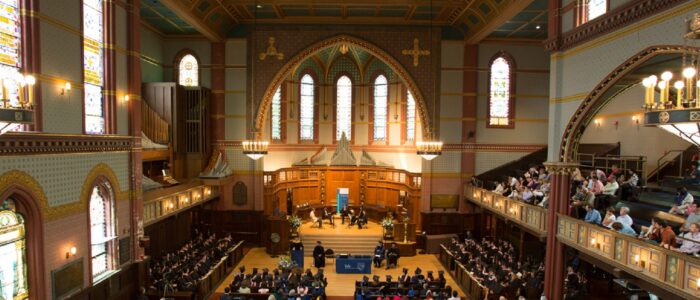
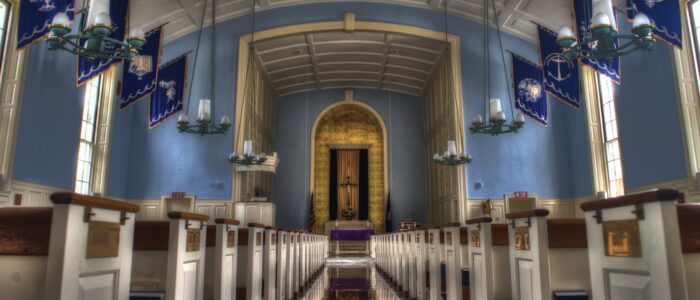
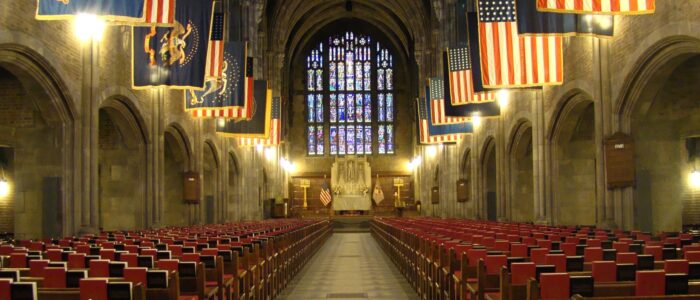
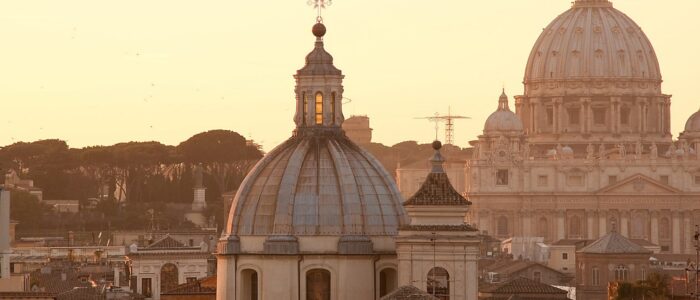
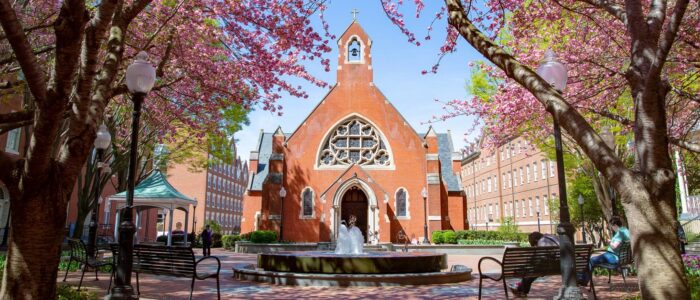

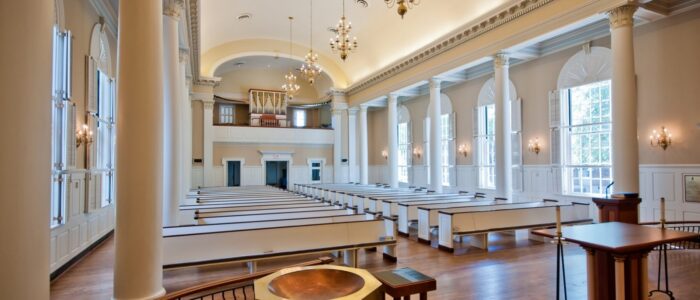
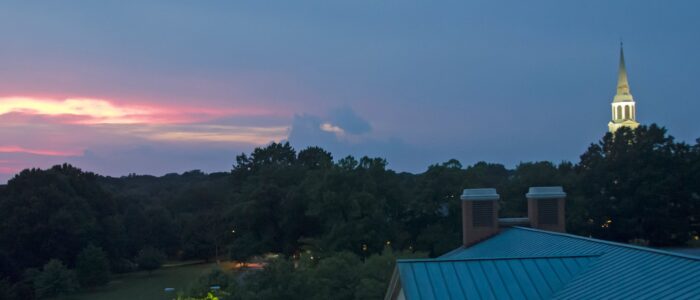
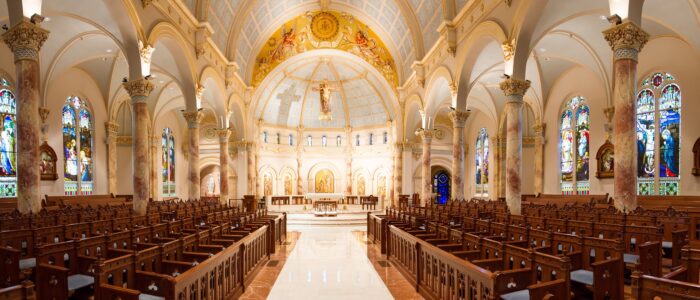
Leadership and facility managers for enterprises of this type are encouraged to contribute obtain their own (free) NFPA public participation account in order to directly participate in the 2025 revision of NFPA 909 by logging in here: https://www.nfpa.org/login.
Public consultation on the First Draft of the 2025 Edition closes January 4, 2024.
This document is also a standing item on our periodic Prometheus, Lively and Fine Arts teleconference. See our CALENDAR for the next online meeting; open to everyone.![]()
Issue: [15-258]
Category: Fire Safety, Public Safety
Colleagues: Mike Anthony, Josh Elvove, Joe DeRosier
*See NFPA 101 Life Safety Code
LEARN MORE:
Guidelines for the Security of Rare Books, Manuscripts, and Other Special Collections, Association of College & Research Libraries, American Library Association, 50 East Huron Street, Chicago, IL 60611-2795.
“A Legal Primer on Managing Museum Collections,” Malaro, Marie, second edition 1998
“Risk and Insurance Management Manual for Libraries,” Mary Breighner and William Payton, edited by Jeanne Drewes, ALA 2005 ISBN 0-8389-8325-1.
Wisconsin Historic Building Code, Madison, WI:Wisconsin Administrative Code.
2026 Public Input Report | 2026 Public Comment Report
FEMA National Risk Index: Lightning
Benjamin Franklin conducted his famous experiment with lightning on June 10, 1752.
He used a kite and a key to demonstrate that lightning was a form of electricity.
This experiment marked an important milestone in understanding the nature of electricity
and laid the foundation for the development of lightning rods and other lightning protection systems.
Seasonal extreme weather patterns in the United States, resulting in damages to education facilities and delays in outdoor athletic events — track meets; lacrosse games, swimming pool closures and the like — inspire a revisit of the relevant standards for the systems that contribute to safety from injury and physical damage to buildings: NFPA 780 Standard for the Installation of Lightning Protection Systems
To paraphrase the NFPA 780 prospectus:
(Electric generating facilities whose primary purpose is to generate electric power are excluded from this standard with regard to generation, transmission, and distribution of power. Most electrical utilities have standards covering the protection of their facilities and equipment. Installations not directly related to those areas and structures housing such installations can be protected against lightning by the provisions of this standard.)
“Down conductors” must be at least #2 AWG copper (0 AWG aluminum) for Class I materials in structures less than 75-ft in height
“Down conductors: must be at least 00 AWG copper (0000 AWG aluminum) for Class II Materials in structures greater than 75-ft in height.
Related grounding and bonding requirements appears in Chapters 2 and Chapter 3 of NFPA 70 National Electrical Code. This standard does not establish evacuation criteria.
The current edition is dated 2023 and, from the transcripts, you can observe concern about solar power and early emission streamer technologies tracking through the committee decision making. Education communities have significant activity in wide-open spaces; hence our attention to technical specifics.
Public input on the 2026 revision is receivable until 1 June 2023.
We always encourage our colleagues to key in their own ideas into the NFPA public input facility (CLICK HERE). We maintain NFPA 780 on our Power colloquia which collaborates with IEEE four times monthly in European and American time zones. See our CALENDAR for the next online meeting; open to everyone.
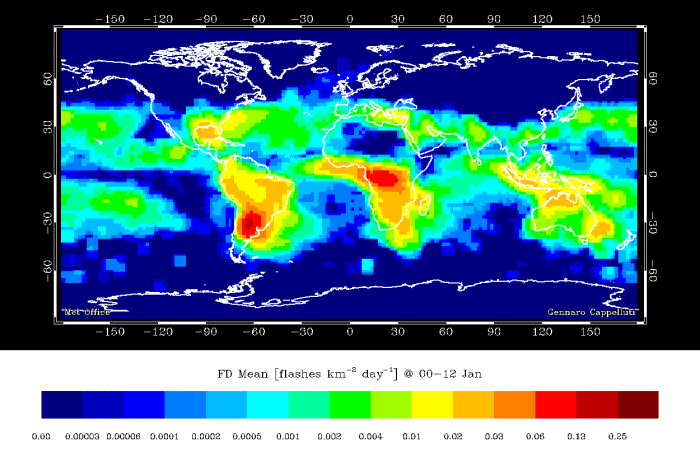
Lightning flash density – 12 hourly averages over the year (NASA OTD/LIS) This shows that lightning is much more frequent in summer than in winter, and from noon to midnight compared to midnight to noon.
Issue: [14-105]
Category: Electrical, Telecommunication, Public Safety, Risk Management
Colleagues: Mike Anthony, Jim Harvey, Kane Howard
Didn't really plan for all possibilities, did they. 🤓
NC State's brand-new scoreboard shorts out due to lightning storms https://t.co/KWm78nrRau
— DJ (@DJ87112331) September 10, 2023
The "Top engineering school in the state" just built a $15 million scoreboard without a lightning rod.
Wasn't it just last year that their game got delayed because they couldn't turn the lights on? https://t.co/wWt9gSMYIv
— Steele (@0Gstank) September 9, 2023
More
Installing lightning protection system for your facility in 3 Steps (Surge Protection)
IEEE Education & Healthcare Facility Electrotechnology
Readings: The “30-30” Rule for Outdoor Athletic Events Lightning Hazard
Churches and chapels are more susceptible to lightning damage due to their height and design. Consider:
Height: Taller structures are more likely to be struck by lightning because they are closer to the cloud base where lightning originates.
Location: If a church or chapel is situated in an area with frequent thunderstorms, it will have a higher likelihood of being struck by lightning.
Construction Materials: The materials used in the construction of the building can affect its vulnerability. Metal structures, for instance, can conduct lightning strikes more readily than non-metallic materials.
Proximity to Other Structures: If the church or chapel is located near other taller structures like trees, utility poles, or buildings, it could increase the chances of lightning seeking a path through these objects before reaching the building.
Lightning Protection Systems: Installing lightning rods and other lightning protection systems can help to divert lightning strikes away from the structure, reducing the risk of damage.
Maintenance: Regular maintenance of lightning protection systems is essential to ensure their effectiveness. Neglecting maintenance could result in increased susceptibility to lightning damage.
Historical Significance: Older buildings might lack modern lightning protection systems, making them more vulnerable to lightning strikes.
The risk can be mitigated by proper design, installation of lightning protection systems, and regular maintenance.
“Non-Cooperative Games” 1951 | John Nash
John Nash’s Recommendation Letter for Princeton University pic.twitter.com/k9TCftyfGs
— Math Files (@Math_files) January 16, 2026
The Oxford Union Society is the world’s most prestigious debating society, with an unparalleled reputation for bringing international guests and speakers to Oxford. Since 1823, the Union has been promoting debate and discussion not just in Oxford University, but across the globe.
My remarks at Oxford Union formal debate.
Has Trump gone too far?
The UK is lost, but it can find its way back if it follows America’s lead. pic.twitter.com/BjajLSRXOK
— Charlie Kirk (@charliekirk11) August 12, 2025
Vedika Rastogi | This House Believes Woke Culture Has Gone Too Far – 1/8 | Oxford Union
Alex Jackson | This House Believes Woke Culture Has Gone Too Far – 2/8 | Oxford Union
Toby Young | This House Believes Woke Culture Has Gone Too Far – 3/8 | Oxford Union
Yasmin Benoit | This House Believes Woke Culture Has Gone Too Far – 4/8 | Oxford Union
Tommy Nguyen | This House Believes Woke Culture Has Gone Too Far – 5/8 | Oxford Union
James Lindsay | This House Believes Woke Culture Has Gone Too Far – 6/8 | Oxford Union
Benjamin Butterworth | This House Believes Woke Culture Has Gone Too Far – 8/8 | Oxford Union
Hey lovelies ☕🥰🍂
I hope this post finds you well & that you have a wonderful day! ❤️ pic.twitter.com/ljULxGtS70
— Jess Tungsten (@JessTungsten) November 15, 2025
| Since so much of what we do in standards setting is built upon a foundation of a shared understanding and agreement of the meaning of words (no less so than in technical standard setting) that time is well spent reflecting upon the origin of the nouns and verbs of that we use every day. Best practice cannot be discovered, much less promulgated, without its understanding secured with common language. |
Hanging with grandad just like the old days 😂 pic.twitter.com/fQVarEQ5Iw
— Alexandra Churchill ✌🏼⭐️⭐️ (@churchill_alex) December 2, 2023
Virginia Woolf: pic.twitter.com/8IPw1Fmevk
— Dr. Maya C. Popa (@MayaCPopa) May 25, 2023
Cambridge: English language education in the era of generative AI
We must spread our accent further pic.twitter.com/qEc3Cqd2cH
— Midwest vs. Everybody (@midwestern_ope) April 3, 2025
“The test of a good religion is whether you can joke about it”
G.K. Chesterton | ‘All Things Considered’ 1908
Life-cycle cost of education community settings are informed by climate change assumptions. In addition to the flow of research money to faculty for laboratory space, graduate student support, supercomputer installations, conference travel; these assumptions inform the architectural character of a campus — i.e. the design and operation its buildings and infrastructure. These assumptions swing back and forth over these eternal institutions with cyclical assumptions about global cooling and global warming. In the late 1960’s academic researchers found evidence of global cooling. Fifty years on academic researchers assume the earth is warming. We just roll with it as we do with all the other policy “givens” we accommodate. Stewardship of the planet — keeping it clean for those who follow us — Yes. Catastrophilia — the love of catastrophone so well documented in history — not so much.
As with all emotional issues, language changes mightily. We refer you to our journey through technical standard language HERE.
According to a report by the Congressional Research Service, federal funding for climate research and related activities totaled approximately $13.8 billion in fiscal year 2020. This funding was distributed across various agencies and programs, including the National Science Foundation’s Climate and Large-Scale Dynamics program, National Oceanic and Atmospheric Administration’s climate Program Office, and the Department of Energy’s Office of Science.
Not included in this figure is the opportunity cost and loss of brand identity of not conforming to the climate change agenda.
The “Narrative”
New update alert! The 2022 update to the Trademark Assignment Dataset is now available online. Find 1.29 million trademark assignments, involving 2.28 million unique trademark properties issued by the USPTO between March 1952 and January 2023: https://t.co/njrDAbSpwB pic.twitter.com/GkAXrHoQ9T
— USPTO (@uspto) July 13, 2023
Standards Michigan Group, LLC
2723 South State Street | Suite 150
Ann Arbor, MI 48104 USA
888-746-3670
